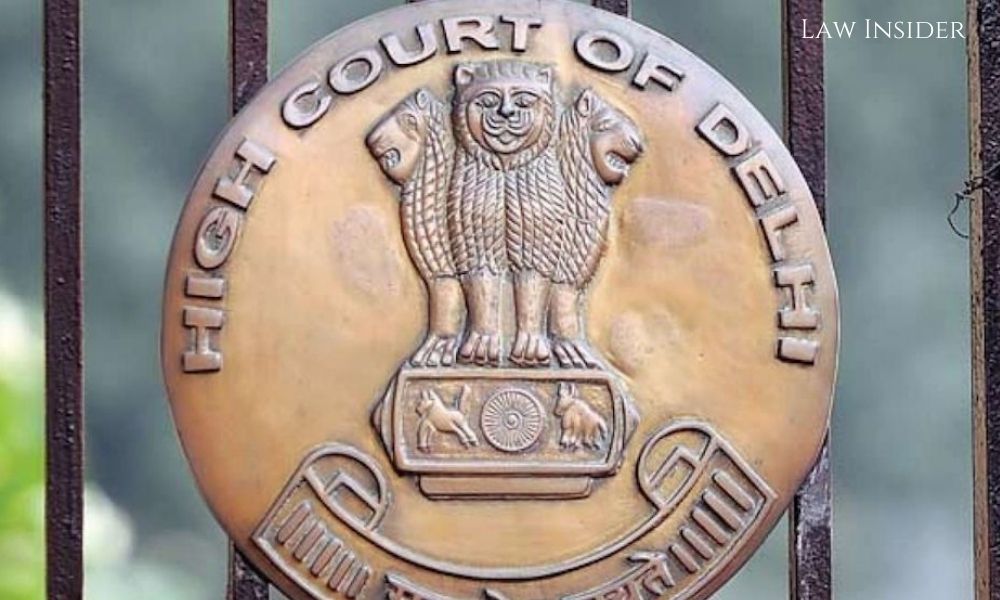Shivani Thakur
Published on: April 20, 2022 at 16:16 IST
The Delhi High Court today issued Notice on a Public Interest Litigation filed seeking Uniform Law for Trust and Trustees, Charities and Charitable Institutions and Religious Endowments and Institutions and challenges the Vires of Section-4, 5, 6, 7, 8, 9, 14 of the Waqf Act, 1995 as being manifestly Arbitrary and Irrational.
A Division Bench of Acting Chief Justice Vipin Sanghi and Justice Navin Chawla has issued notices further directed for impleadment of Central Waqf Board.
The Plea also seeks direction on the Centre or Law Commission of India to draft a ‘Uniform Code for Trust-Trustees and Charities-Charitable Institutions’ in spirit of Articles 14 and 15 and publish it for public debate and feedback.
The Plea challenges the validity of Provisions of Waqf Act 1995, by stating that it is against the Secularism, Unity and Integrity of the Nation.
“…If the Impugned Act has been made to protect the Rights guaranteed under Articles 29-30 then it has to cover all the Minorities i.e., followers of Jainism, Buddhism, Sikhism, Judaism, Bahaism, Zoroastrianism, Christianity, and not only Islam,” the Plea avers.
The Plea stated that there is no safeguard for Hindus, Jains, Buddhists, Sikhs and other Communities to save their properties from inclusion in the list of Waqf issued by Waqf Boards.
It added,
“The power of Civil Court to determine the issues relating to title has been taken away by creating Waqf Tribunal under S.83 as a substitute, which consists only one Judicial Member. Moreover, Parliament has no power to establish Tribunals beyond the scope of Article 323-A. It is apparent that the matters enumerated in Article 323-A do not attract Property Disputes relating to Charitable and Religious properties.”
Supreme Court observed that constitutionality of a Legislation cannot be challenged in the ‘abstract’ as a mere ‘academic exercise’.

